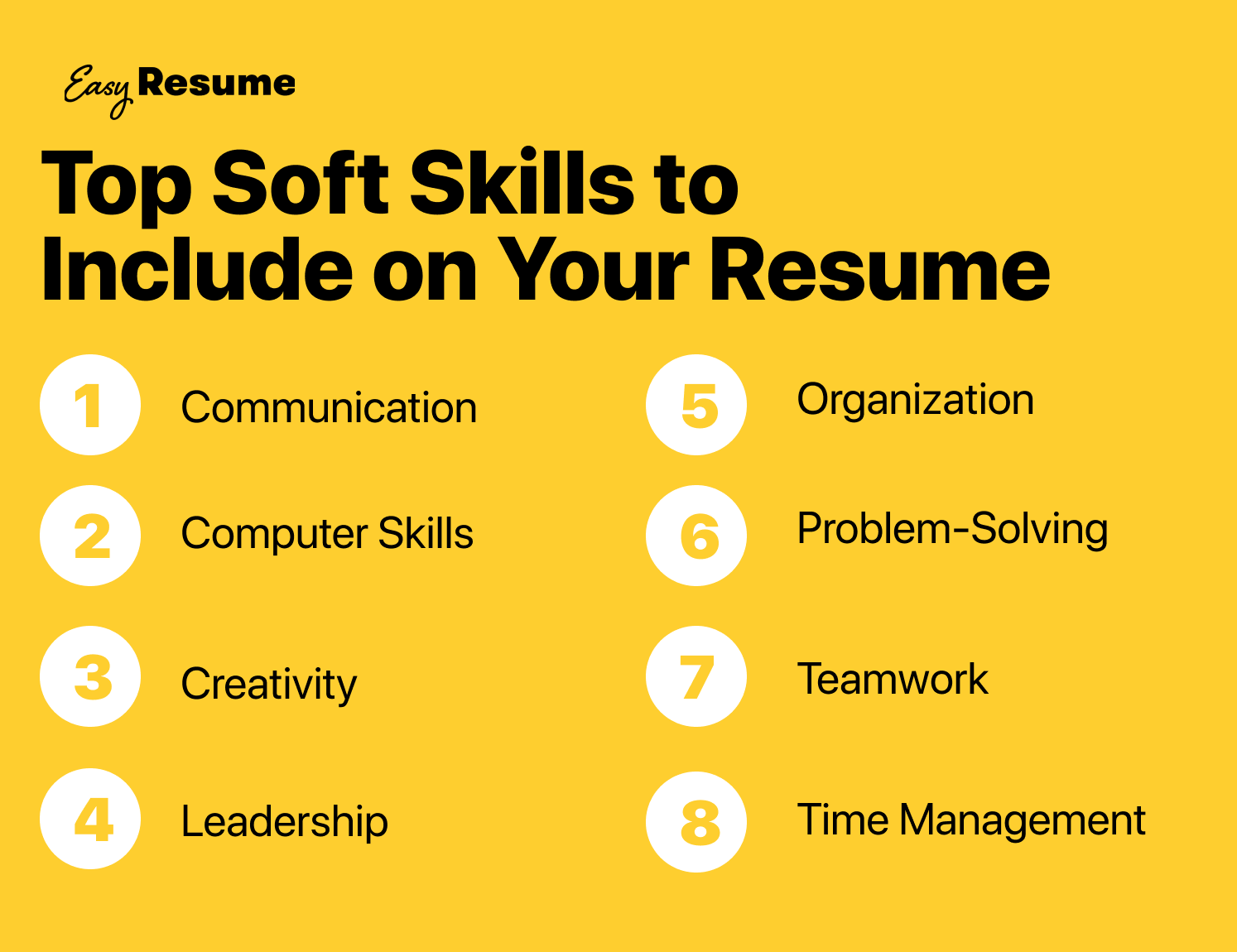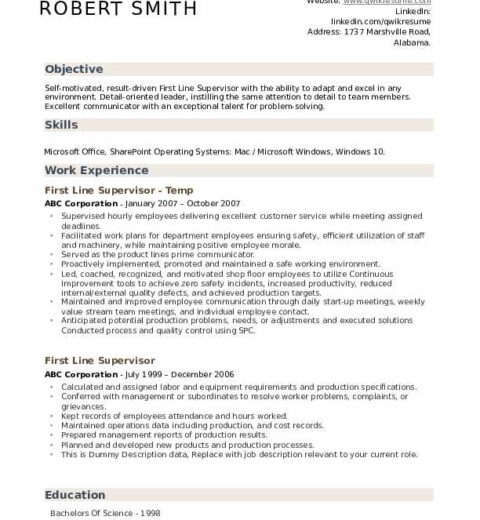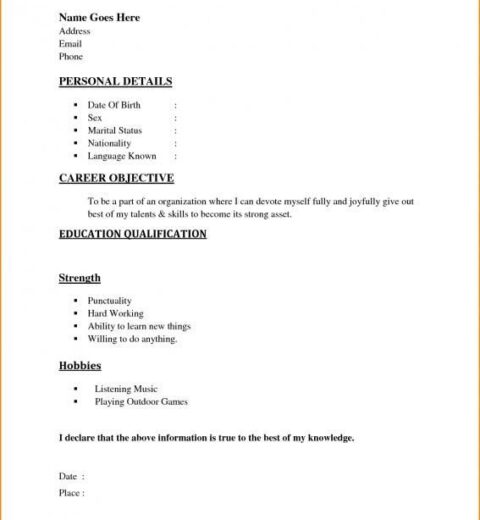In an increasingly competitive job market, crafting a resume that stands out is akin to creating a finely tuned instrument in an orchestra. Each skill listed on the resume acts as a note; when played in harmony, it showcases not only your qualifications but also your compatibility with the prospective employer. Selecting the right skills to highlight can make the difference between landing an interview or being relegated to the depths of the hiring metaphorical recycle bin.
When pondering the question, “What skills can I put on a resume?” consider that skills can be categorized into three primary types: hard skills, soft skills, and technical skills. Each category serves its purpose in presenting a multifaceted representation of your capabilities. Below is a comprehensive exploration of 25 skills suitable for a myriad of roles.
1. Hard Skills
Hard skills are tangible, teachable abilities that can be quantified. They are often acquired through education or specific training. These skills demonstrate your technical proficiency and knowledge in your field.
1.1. Data Analysis – The ability to inspect, cleanse, and model data with the goal of discovering useful information, informing conclusions, and supporting decision-making is paramount in roles linked to finance, marketing, and product development.
1.2. Foreign Language Proficiency – Mastering additional languages allows for broader communication and cultural understanding, particularly in global business environments.
1.3. Programming Languages – Knowledge of languages such as Python, Java, or C++ positions candidates as versatile players in technology and engineering realms.
1.4. Project Management – Proficiency in methodologies such as Agile or Scrum facilitates successful project execution, making it crucial for management roles.
1.5. Technical Writing – The ability to articulate complex information clearly and concisely is vital for roles in engineering, IT, and healthcare.
2. Soft Skills
Soft skills, often referred to as interpersonal or people skills, are integral for fostering relationships in the workplace. They enhance your ability to collaborate, lead, and communicate effectively.
2.1. Communication – This encompasses verbal and written communication, ensuring messages are conveyed clearly and persuasively.
2.2. Adaptability – The capacity to adjust to new situations and challenges speaks volumes about a candidate’s resilience and versatility.
2.3. Problem-Solving – Defining and tackling obstacles with innovative solutions showcases critical thinking and creativity in a professional setting.
2.4. Teamwork – Collaborating effectively with colleagues and stakeholders enhances productivity and fosters a positive working environment.
2.5. Emotional Intelligence – Recognizing and managing one’s emotions and understanding others’ emotions encourages empathetic interactions, which is essential for leadership roles.
3. Technical Skills
Technical skills pertain specifically to the knowledge and abilities required to perform certain tasks in various fields, often involving tools or technologies. They are commonly sought after in engineering, IT, and design roles.
3.1. Cloud Computing – Familiarity with platforms such as AWS, Azure, or Google Cloud enhances one’s value in the tech sector.
3.2. Social Media Management – Understanding how to navigate and leverage social platforms can be a game-changer for marketing and communications specialists.
3.3. SEO/SEM Knowledge – Proficiency in search engine optimization and marketing is crucial for driving digital engagement and increasing web visibility.
3.4. IT Support – Skills in troubleshooting and technical support are valuable in maintaining operational continuity within organizations.
3.5. Graphic Design – Proficiency with design software such as Adobe Creative Suite is indispensable for creative roles, allowing one to articulate visual concepts efficiently.
4. Niche Skills
In addition to the broad categories above, niche skills can provide a unique appeal to applicants. These specialized abilities may distinguish a candidate in a crowded field.
4.1. Crisis Management – Expertise in managing sensitive or catastrophic situations can be invaluable, especially for roles in public relations or management.
4.2. Negotiation – The talent for striking mutually beneficial agreements is a critical skill for sales, purchasing, and managerial positions.
4.3. Financial Acumen – Understanding financial principles, budgeting, and forecasting can enhance one’s profile in numerous business functions.
4.4. User Experience (UX) Design – Knowledge in creating user-friendly designs improves customer satisfaction and product adoption rates.
4.5. Regulatory Compliance – Familiarity with industry regulations, especially in healthcare or finance, ensures that organizations remain compliant and mitigate risks.
In conclusion, when crafting a resume, it is essential to thoughtfully select a combination of hard skills, soft skills, technical proficiencies, and niche competencies. Each skill should resonate with the job description to create a compelling narrative of your professional capability. By meticulously weaving these skills into your resume, your profile will not only capture attention but also articulate your unique appeal in a marketplace full of potential. Remember, the art of skill selection is not merely about listing what you can do; it’s about demonstrating how you can contribute, adapt, and thrive in a new environment.




